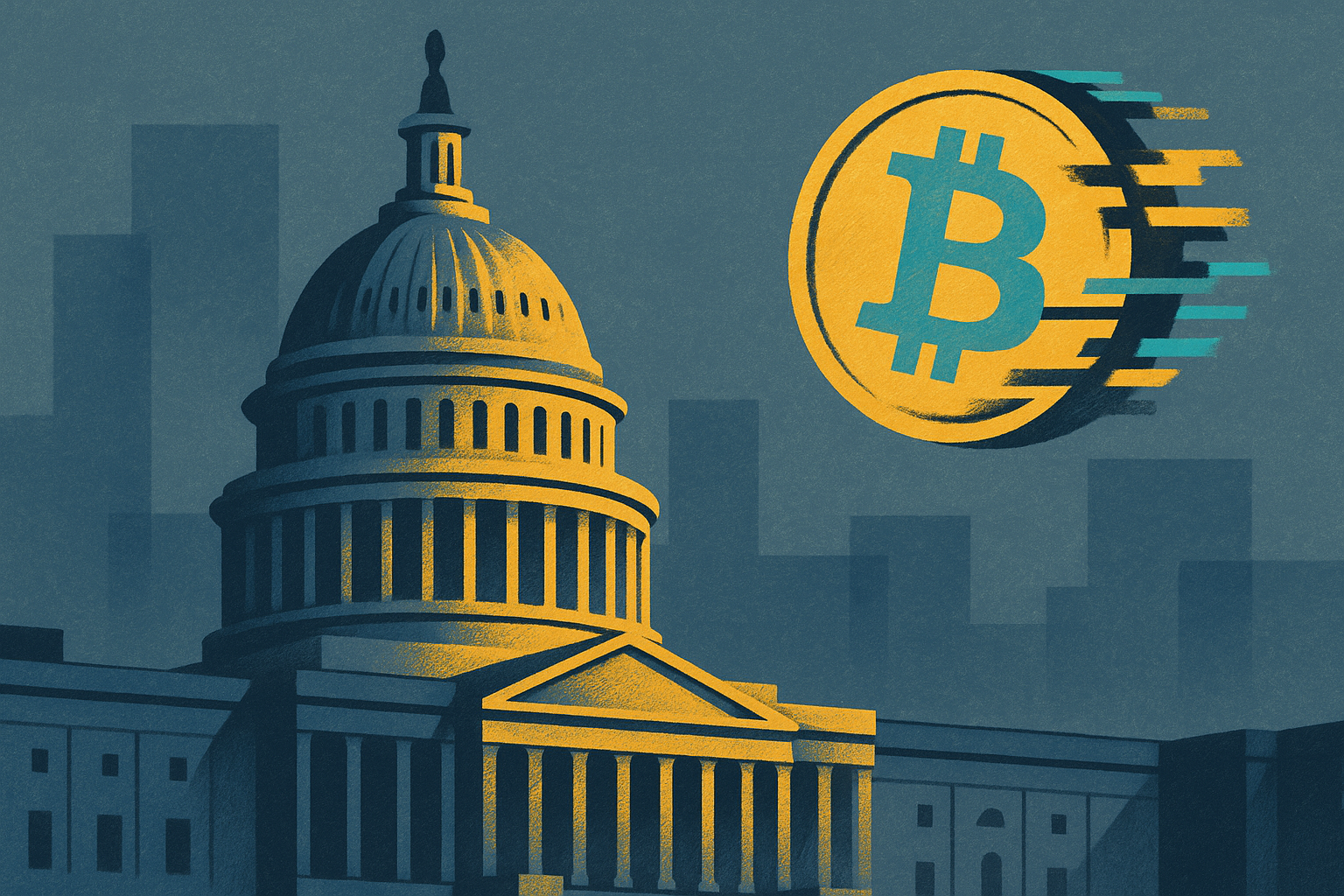The United States has passed the Genius Act, its first national law to regulate digital assets, following a decisive 308–122 House vote and a 68–30 Senate approval last month. President Trump is expected to sign the bill immediately, making stablecoin issuers subject to new federal licensing and monthly reserve audits under oversight from US banking regulators and the CFTC.
The Genius Act, formally sponsored by Senator Bill Hagerty, establishes that only licensed banks or state-approved entities may issue stablecoins backed by the US dollar. Issuers must hold 1:1 reserves in cash, short-term Treasuries, or equivalent low-risk assets, and publish monthly audited reports. Criminal penalties apply for misrepresentation of reserves, and non-compliant entities are barred from minting new tokens.
“This changes everything,” said Nigel Green, CEO of deVere Group. “For the first time, the US government is not just ‘tolerating’ crypto — it’s codifying it. The world’s largest economy is laying down the legal foundations for digital assets to thrive. This sends a very clear message to markets and to other governments: adapt or fall behind.”
Supporters including Coinbase and Circle described the Act as “watershed” legislation that brings much-needed clarity for institutional investors and accelerates adoption. Coinbase CEO Brian Armstrong said the industry is now “incredibly close to clear rules,” while Circle’s Dante Disparte called the House vote “a defining moment for the future of money.”
Opposition came from progressive Democrats and several Republicans, with Senator Elizabeth Warren warning that the bill “lacks basic safeguards,” and Consumer Reports claiming it fails to protect consumers against fraud. Representative Maxine Waters criticised the Act as enabling “corruption,” and some hardline conservatives raised concerns over the risks of a cashless economy.
The bill follows a marked shift in US policy. President Trump, previously critical of Bitcoin, pivoted to a pro-crypto stance in 2025 amid industry lobbying, Republican fintech ambitions, and the establishment of a Strategic Bitcoin Reserve. Over $60 million in industry donations were reported in the last election cycle.
The Genius Act’s passage triggered immediate market moves: Bitcoin traded steady at $119,000, spot ETF inflows topped $4 billion for July, and US-listed crypto stocks gained. Major institutions including JPMorgan and BlackRock signalled interest in new digital asset products. Global regulators responded quickly, with the EU, UK, and Hong Kong all announcing accelerated reviews of their own frameworks to avoid falling behind the US.
Global crypto adoption now exceeds 600 million users. Institutional allocations are rising, with BlackRock’s IBIT ETF holding 700,000 BTC, and three-quarters of surveyed merchants planning to accept crypto payments. Analysts expect further guidance from US regulators in the coming weeks and a wave of applications for new stablecoin licences. Key questions remain around international regulatory equivalence and which issuers will be first to market under the new law.



